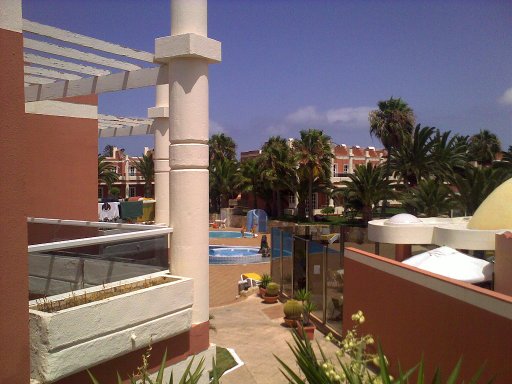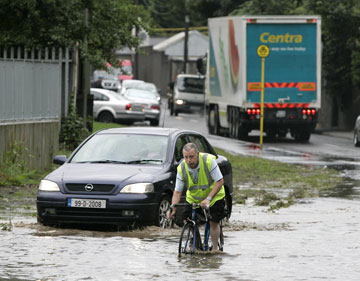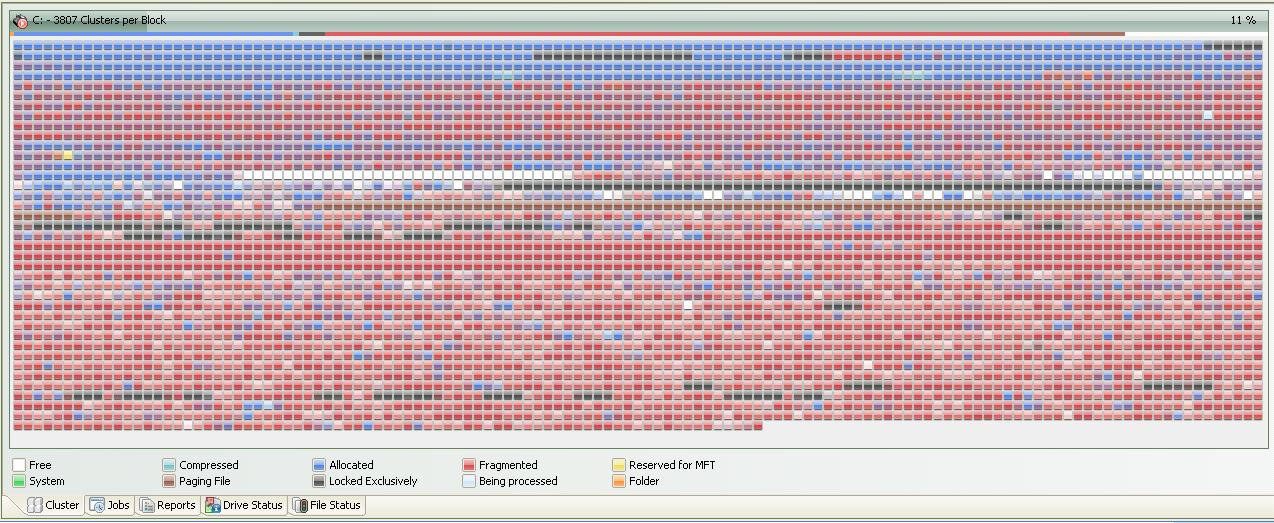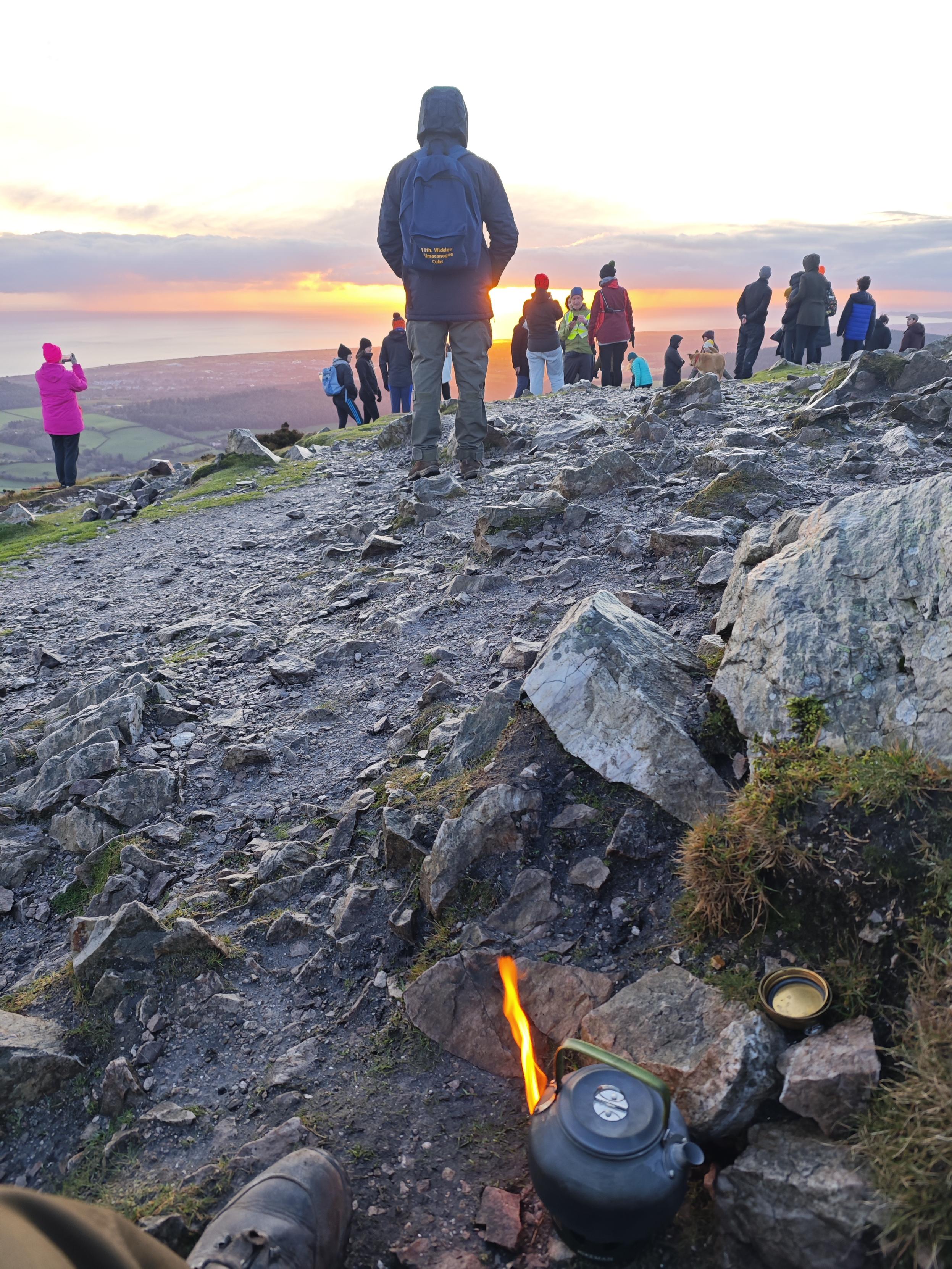Ferdinand von Prondzynski, the president of DCU, has written a few blog posts about ways to cope with the way the government has been slashing the funding for universities (usually on the quiet), but with the recent announcement of the proposed new college loans plan, he’s written more, and most recently this post discussing the levels of the fees for different courses, which he disagrees with, mainly because the universities haven’t been asked to the policy table from what I can see:
In the end, this is another aspect of any new framework for student contributions that confirms the importance of full consultation with the higher education institutions before any final model is put in place.
The engagement with the idea to the stage where its details are being debated is sufficiently depressing that I wrote a reply to his post, and I wanted to reproduce it here:
I still find it enormously depressing to see the reintroduction of fees embraced in this manner, especially by university heads, despite their being a suboptimal solution to a blatantly manufactured problem.
My father was the first in his clan to go to college, which he did as a mature student on a scholarship and money earned by my mother working sewing curtains for a furnishings shop. Once he graduated, my mother then became the first in her clan to go to college, supported by my father’s now higher income. And the year she graduated, I became the first child from either of our clans to go to college after finishing the leaving certificate course. We did not receive a single penny in grant funding for this; every resource available was pooled to fund that education, along with the initial scholarship which was the end result of five years of work by my father getting his leaving certificate as a mature student by studying in the evenings after a day’s work. There were no holidays, no new cars, no fancy clothes, no fancy food, no eating out, no computers, no rented movies, no going to the pub (on any night), not in all that time. To this day, I can’t wrap my head around the concept of a holiday in a foreign country, it’s simply too alien a concept compared with the necessary austerity I grew up with. We sacrificed *everything* for the goal of further education, it was our family’s bet on our collective future.
However, in the third year of my undergraduate course, my younger sister completed her leaving certificate, and had free fees not been introduced in that year, we could not have sent her to college. There simply were insufficient resources to allow for that. We were stretched long past breaking point financially. There were no grants available, no scholarships, no bursaries. The free fees are why she got to go to college, we had no other options whatsoever. We all knew this at the time. The free fees were the one thing I can think of in the past decade that were unquestionably a good policy from a bad government, and they did enormous good for the community and the economy and the country as a whole.
To now see that same bad government turn around and start actively working to subvert free fees, to discard them as being a bad idea, is monstrous, because that absence won’t affect me; it will affect my children, by saddling them with a debt of tens of thousands of euro in return for them undertaking years of study for a job that will see them contribute more to the tax take of the state than would otherwise be contributed. We are, in effect, financially punishing those who defer gratification and train in the professions which our society requires, unless they choose the morally dubious route of defaulting on their loans and emigrating.
Logically speaking, this proposal creates a situation where the best options pragmatically are those which are morally repugnant, such as deciding to not work and contribute and to live off the dole; or deciding to study for a professional degree and then emigrate and default on the loan. The only other option – the one most likely for those of us who actually try to live honestly – is that that extra thirty thousand euro or so of debt *per child* will be loaded onto the account of the parents.
That’s not even mentioning the kind of stress this will induce in students. Asking a 17-year-old to choose the career path they will follow for the rest of their life is idioticly ill-advised to begin with, yet we do it every year. We see several suicides every year in colleges, often several per course, often when those same teenagers find they made the wrong choice, that they aren’t cut out to be a doctor or an architect despite their parent’s wishes. Now, we’re talking about asking them to take on a debt that will eat 9% of their pay every year for a decade right at the time of their lives when they are at the bottom of their earning potential, right when every euro counts and when such a loan can be enormously damaging in the long term. This will add to the stress. And given our socially backward way of dealing with mental health issues, it’s a desperately sad prediction, but you can pretty much guarantee a rise in the suicide rate in colleges as a result of this.
And as a solution, this doesn’t even net the most money. Ordinary income tax does this already. For example, this year, I will pay in tax about three times what these estimates say a year of engineering undergraduate courses cost. Next year, it will be more, and that will continue (though not indefinitely). That’s the nature of a profession; those in it contribute more to the tax take. That is why free fees is the appropriate solution.
What we need to do is not raise even more money; what we need to do is to decide that it is more acceptable to pay colleges what it costs to run the courses from the exchequer funding, as the scheme was supposed to do before the government cut it repeatedly. We need to put our children’s education before the expense accounts of our Ministers and Deputies and Senators, before the enormous overspending on poorly chosen projects in Ministerial constituencies.
That, or those of us with the intelligence and transportable skills need to emigrate to a state which doesn’t punish our children to teach them that education is a burden.






